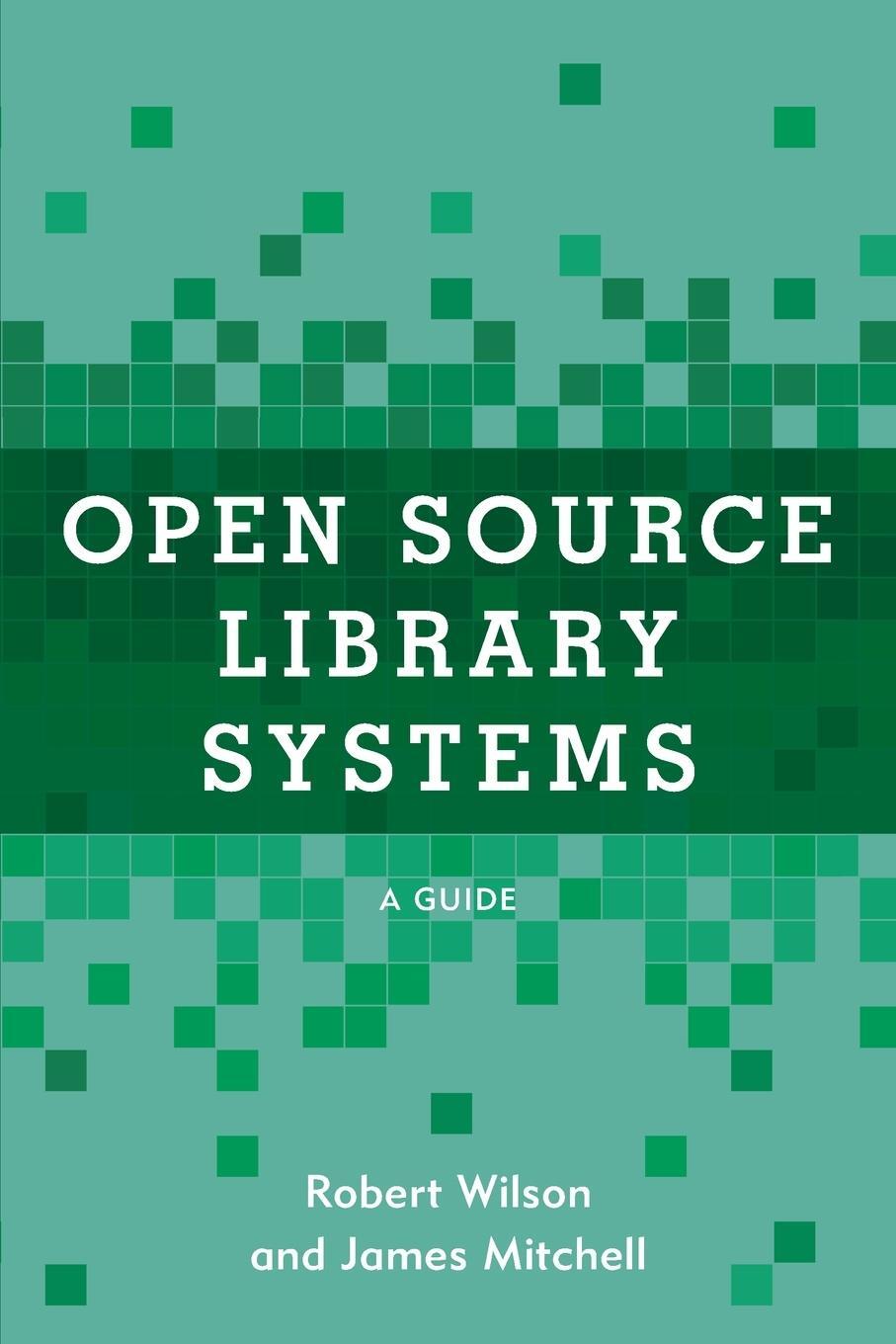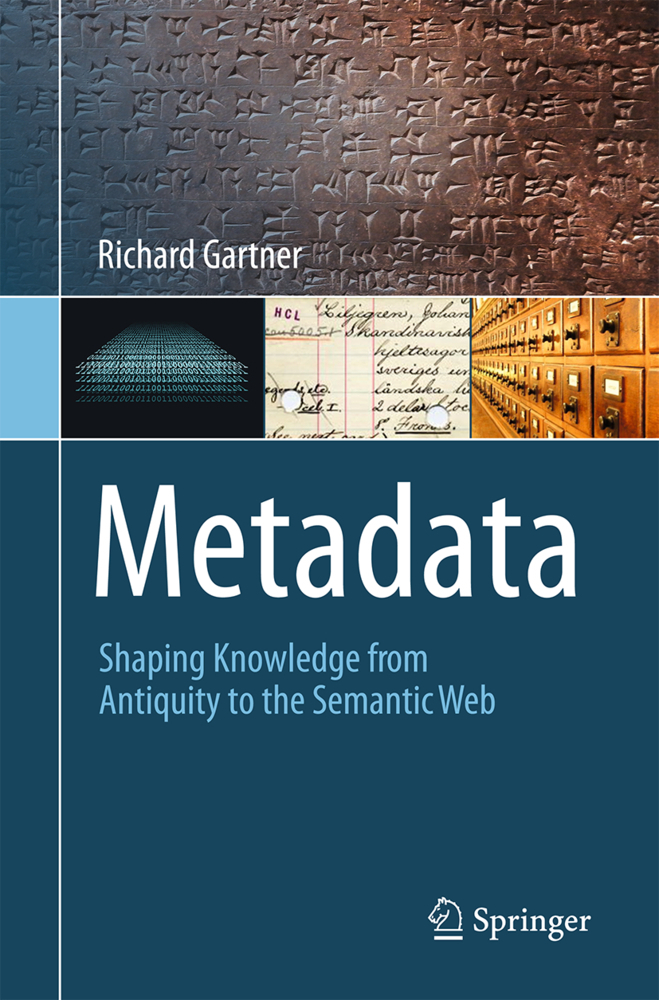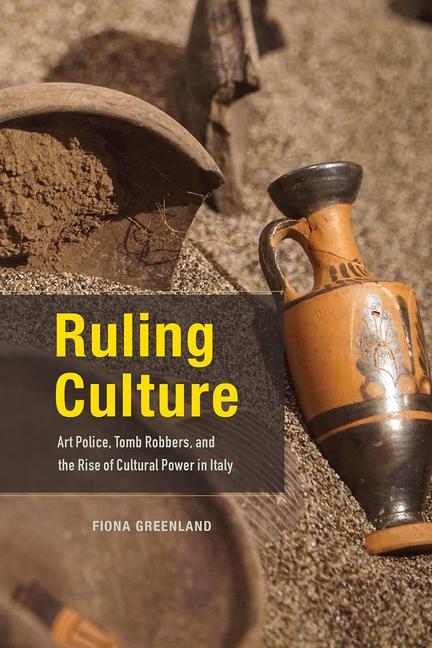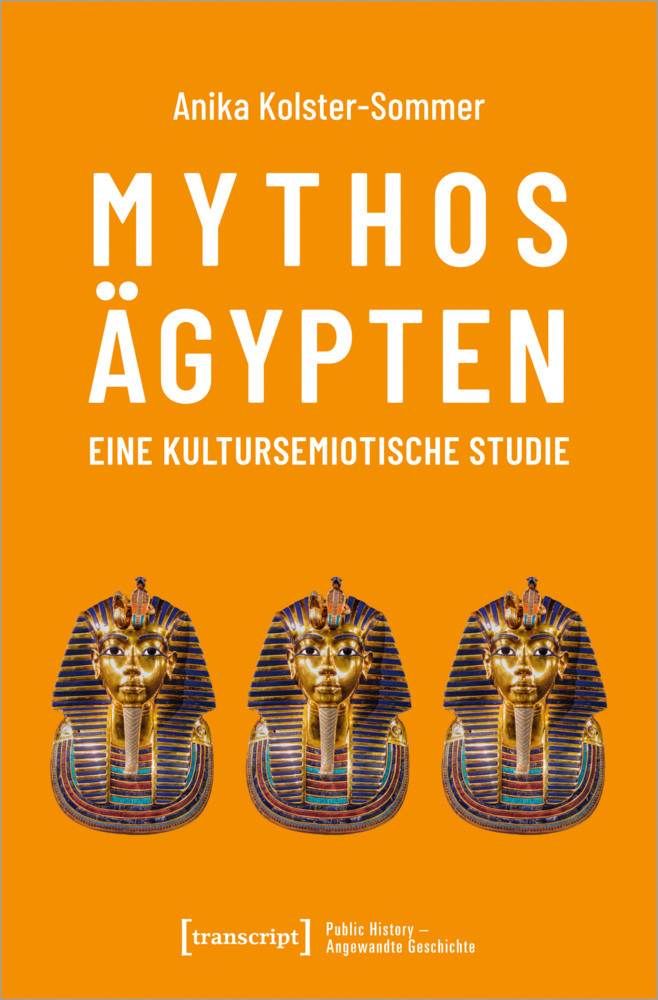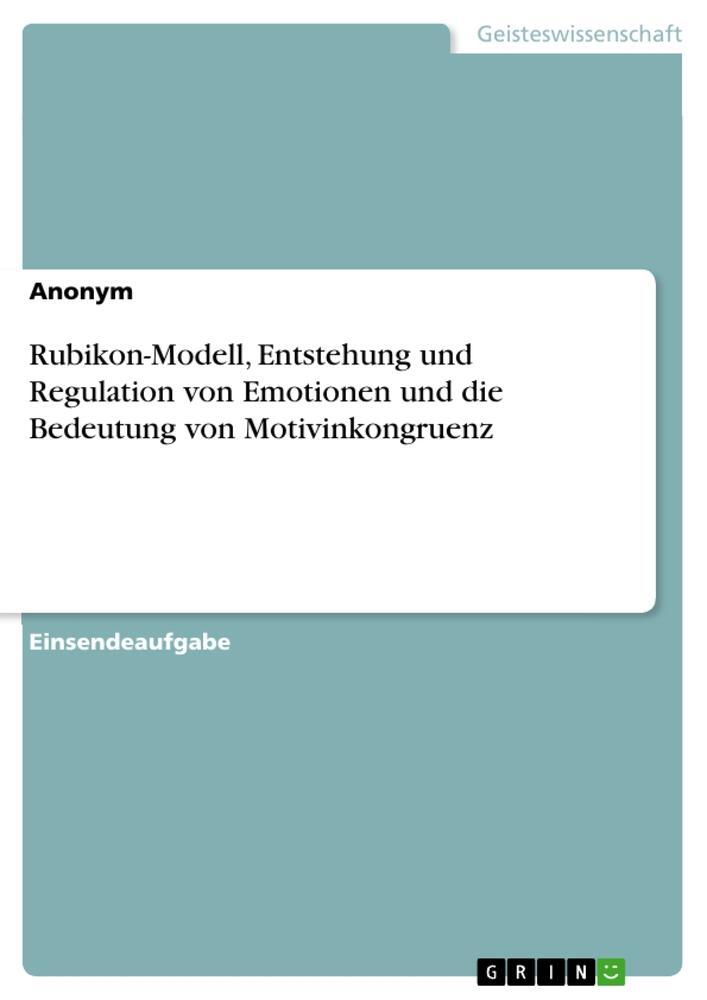46,85 €*
Versandkostenfrei per Post / DHL
Lieferzeit 1-2 Wochen
The fact is that the foundational software in place in nearly every industry is being built with open source components. Where software applications are still proprietary or closed, those systems are themselves often built upon open source applications like open source web services, database management systems, programming languages, and operating systems. It's the same story in the library world. Library software providers offering the latest and greatest software solution for many thousands of dollars a year are building these solutions with open source software. However, full-fledged open source applications built with the same underlying technologies are available to libraries at no cost for the software itself. Each of these applications have their own unique and interesting history and communities supporting them.
For the reader unfamiliar with open source software or apprehensive about using these applications in their library, this guide:
·introduces the history of open source;
·demonstrate the global upward trend of adopting open source technologies in general and within libraries in particular;
·debunk various myths about implementing and using open source technologies;
·discusses several different types of library information systems including:
oIntegrated Library Systems
oInstitutional Repositories
oDigital Asset Management Systems
oOnline Public Access Catalogs
oResource Sharing
oElectronic Resource Management
·and lastly, shares real world experiences in getting started with open source solutions, including discussing what systems and services are available and best practices for implementation and use.
The fact is that the foundational software in place in nearly every industry is being built with open source components. Where software applications are still proprietary or closed, those systems are themselves often built upon open source applications like open source web services, database management systems, programming languages, and operating systems. It's the same story in the library world. Library software providers offering the latest and greatest software solution for many thousands of dollars a year are building these solutions with open source software. However, full-fledged open source applications built with the same underlying technologies are available to libraries at no cost for the software itself. Each of these applications have their own unique and interesting history and communities supporting them.
For the reader unfamiliar with open source software or apprehensive about using these applications in their library, this guide:
·introduces the history of open source;
·demonstrate the global upward trend of adopting open source technologies in general and within libraries in particular;
·debunk various myths about implementing and using open source technologies;
·discusses several different types of library information systems including:
oIntegrated Library Systems
oInstitutional Repositories
oDigital Asset Management Systems
oOnline Public Access Catalogs
oResource Sharing
oElectronic Resource Management
·and lastly, shares real world experiences in getting started with open source solutions, including discussing what systems and services are available and best practices for implementation and use.
Robert Wilson is systems librarian and assistant professor at Middle Tennessee State University's Walker Library. He has worked with library systems since 2011 in school, public, and academic libraries as well as the vendor side as an analyst and implementation manager. He has an MS in information systems from Middle Tennessee State University and an MSLIS from Drexel University. He's implemented dozens of open and closed source library systems at the libraries he's worked with and as a support analyst and later as an implementation manager worked with hundreds of libraries in implementation and integration of dozens of types of library software and applications.
James Mitchell is systems llibrarian at the University of North Alabama's Collier Library, where he additionally serves as manager of Collier Experimental Learning Lab (CELL), Collier Library's makerspace. Since 2012, James has been responsible for implementing technology solutions within archives and libraries in both public and academic libraries. He holds an MLIS from the University of Alabama.
Robert Wilson is systems librarian and assistant professor at Middle Tennessee State University's Walker Library. He has worked with library systems since 2011 in school, public, and academic libraries as well as the vendor side as an analyst and implementation manager. He has an MS in information systems from Middle Tennessee State University and an MSLIS from Drexel University. He's implemented dozens of open and closed source library systems at the libraries he's worked with and as a support analyst and later as an implementation manager worked with hundreds of libraries in implementation and integration of dozens of types of library software and applications.
James Mitchell is systems llibrarian at the University of North Alabama's Collier Library, where he additionally serves as manager of Collier Experimental Learning Lab (CELL), Collier Library's makerspace. Since 2012, James has been responsible for implementing technology solutions within archives and libraries in both public and academic libraries. He holds an MLIS from the University of Alabama.

